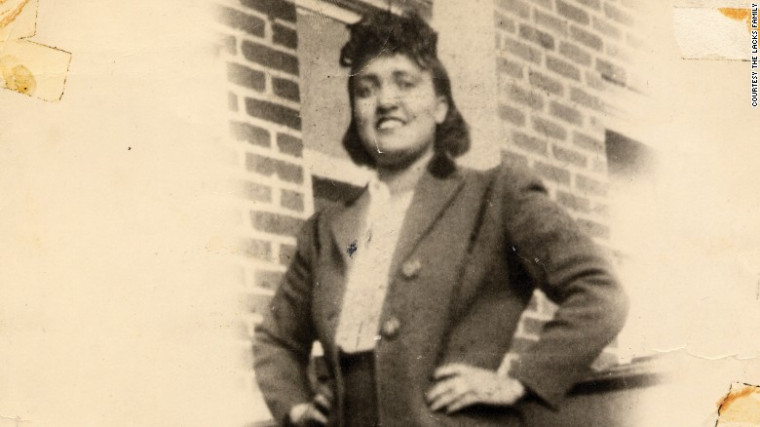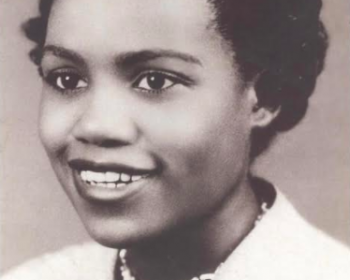Black History Month: Henrietta Lacks
Open gallery

By all accounts, Henrietta Lacks led a normal life. Ms. Lacks was born Loretta Pleasant in 1920 in Roanoke, Virginia. Her own family was unsure how her name was changed to Henrietta. Her mother died when she was young and she ended up living with her grandfather in Clover, Virginia where she worked on a tobacco farm. She married David “Day” Lacks in 1941. She and her husband would move to Maryland where Mr. Lacks would work in steel plant and Ms. Lacks would take care of their five children: Lawrence, Elsie, David Jr., Deborah, and Joseph. Ms. Lacks died of cervical cancer on October 4, 1951.
Prior to her passing, Ms. Lacks sought medical care at John Hopkins Hospital in Baltimore for stomach pains which were eventually discovered to be the cancer. The researcher studying her cells, George Otto Gey, observed that the cells were able to multiple at a very high rate and did not die unlike other human cell samples which perished within days. This was the first recorded discovery of an immortal cell line.
Dr. Gey had cell samples removed from Ms. Lack’s body during her autopsy to create a cell line of a single cell in order to perform experiments. He named the cell line, the HeLa cells, after the first and last initials of their subject.
The HeLa cells proved extremely valuable to the field of medical research. Tuskegee University created a facility where the HeLa cells were created en masse to meet the demand for them. The cells would continually be used for research into cancer, AIDS, the effects of radiation and toxic substances, gene mapping, and countless other scientific pursuits. Perhaps the most famous example of the HeLa cells’ role in medical research was the central role in the development of the Polio Vaccine by Jonas Salk in the 50’s.
In the 70’s, a large quantity of the HeLa cell supplies became contaminated and led to a shortage. Medical suppliers contacted the Lacks family for blood samples but did not give a reason for their request. Curious and alarmed, the family looked further into the matter and discovered the phenomenal legacy Ms. Lacks had left behind.
This lead to a major controversies and debate regarding patient consent and ownership of the cells in one’s body. At the time, consent for cells to be taken for research purposes was not the norm nor required by law or medical ethics. Another major topic was the legal issue of commercialization and royalties. But the family’s biggest issue was right to privacy. By this time, medical researchers had published thousands of articles regarding the cell line without once seeking consent from the family. Many of the articles and studies included information about Ms. Lacks and the Lacks family.
In 2013, researchers published the DNA sequence of the genome of a strain of HeLa cells. Subsequently, the Lacks family and the National Institutes of Health reached an agreement that gave the family some control over access to the cells’ DNA sequence. Furthermore, two family members joined the six-member committee which regulated access to the sequence data.
It was not until 1996, 45 years after her death, was Ms. Lacks given recognition for her contribution to medical science when Morehouse School of Medicine held its first annual HeLa Women’s Health Conference. On October 11, 1996, the Mayor of Atlanta declared the date as Henrietta Lacks Day. In 1997, US Congressman Robert Ehrlich presented Ms. Lacks a congressional resolution recognizing her contributions to medical science and research. In 2010, the Johns Hopkins Institute for Clinical and Translational Research established the annual Henrietta Lacks Memorial Lecture Series. In 2011, Morgan State University in Baltimore granted Ms. Lacks a posthumous honorary doctorate in public service. In 2014, Lacks was inducted into the Maryland Women’s Hall of Fame.
If you would like to learn more about Henrietta Lacks, please consider The Immortal Life of Henrietta Lacks by Rebecca Skloot.

